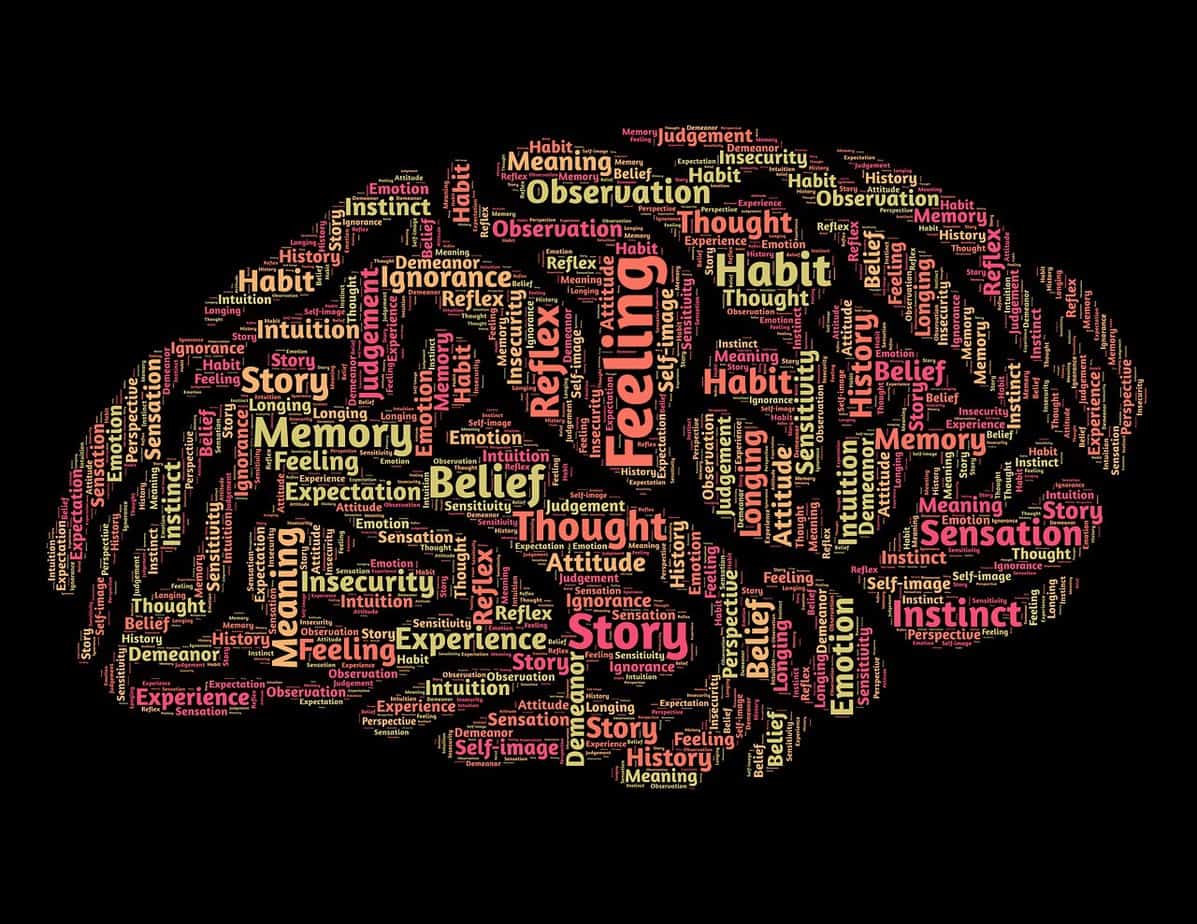
The brain is one of the most important and complex organs in your body. It helps you think, reason, remember, and learn new things. It is made up of billions of neurons (or nerve cells) that communicate in trillions of connections called synapses. Learn some fascinating facts about it!
It is the thickest organ in our body. Fatty acids are crucial to its performance. Make sure you fuel it with the right nutrients. Fatty fish, such as salmon, are high in omega-3 fatty acids, which are crucial for brain function and development. Additionally, they lower the risk of heart disease, depression and arthritis. If you want to support brain function, include eggs, berries, leafy and brassica vegetables, nuts, coffee and dark chocolate in your diet.
The human brain is responsible for keeping the body moving throughout the day. Not only does it help us think and learn new things, but it also controls movement and speech. It is part of the central nervous system and receives a lot of information.
The average weight of a newborn baby’s brain is about 350-400 grams. This means that from infancy to adulthood, the brain grows four times its original size. It is usually larger in men than in women.
Granule cells, which are some of the simplest cells in the cerebellum, make up more than half of the neurons in the brain. They are distinguished by their small size. They have only four dendrites, each of which has only one synapse. What exactly they do is not known, but scientists say they play a very important role
A study of Parkinson’s disease shows that implicit regulation of our behavior makes a big difference in what appears to be normal, voluntary behavior. Some people feel comfortable thinking of the brain only as part of the peripheral nervous system. Researchers say that seemingly voluntary behavior is under the control of said organ
Whether you are a morning bird or an owl, when doing creative work, you will perform better when you are tired. It sounds counterintuitive, but it actually makes sense. According to scientists, when you’re tired, your brain doesn’t filter out distractions as well and it’s harder for your brain to focus on just one activity. As a result, it becomes open to new ideas
We all know how important sleep is for our brain function, but what about naps? It turns out that they positively affect our performance. They improve memory and motivate to action. By the way, it is worth mentioning that during sleep the right hemisphere is much more active than the left.
Have you ever wondered how surgeons work on the open brain when the patient is not asleep? Scientists explain that although the brain has layers of shells and blood vessels that contain pain receptors, the brain itself does not.
Research suggests that the human brain consists of about 86 billion neurons. Each neuron forms connections with other neurons, which can add up to 1 billion (1,000 trillion) connections. Over time, nerve cells can fuse together, improving cognitive function. In Alzheimer’s disease, many neurons are damaged and stop working, affecting our memory.
Amyotrophic lateral sclerosis causes neurons in the brain and spinal cord to die, affecting controlled muscle movement. Another disease that attacks the body parts mentioned is multiple sclerosis. The immune system attacks the protective layer covering the nerve fibers, causing problems with communication between the brain and body.
Photo by John Hain/Pixabay